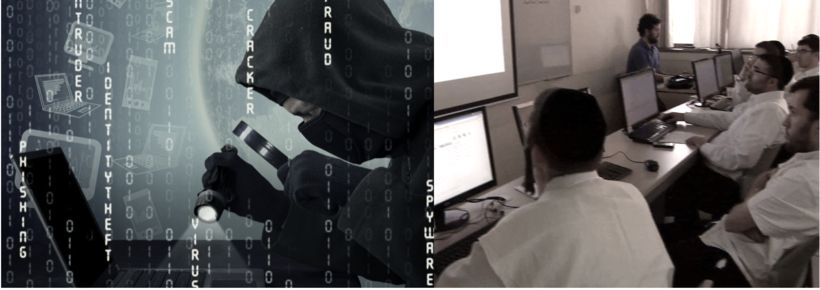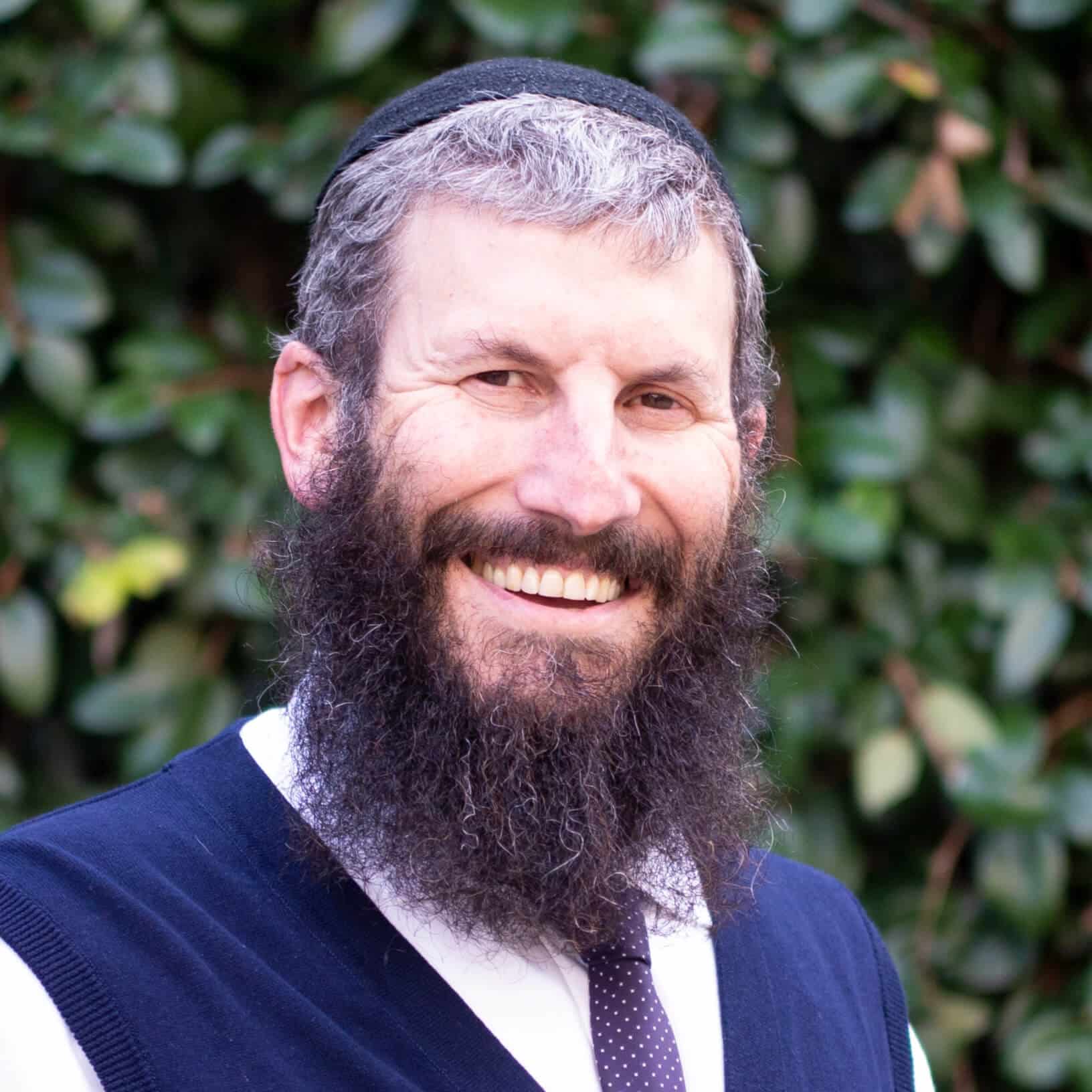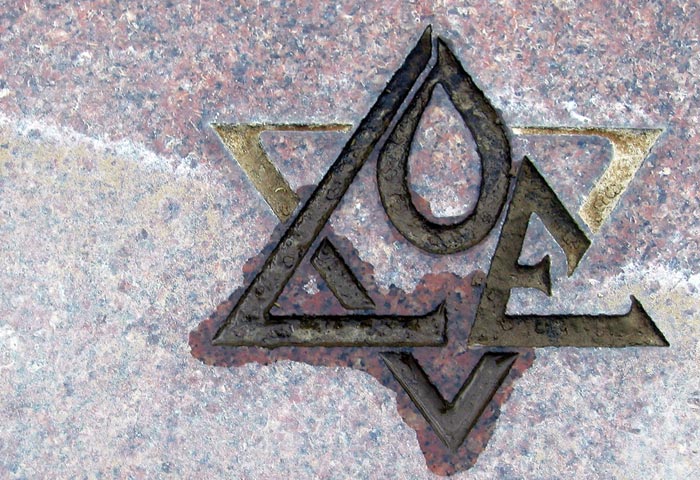
Criminals are winning, but a new cybersecurity school being launched inside a New Jersey yeshiva aims to turn the tide
Criminals stole the private data of 143 million Americans in a massive data breach at Equifax this summer. In the past year, hackers have stolen millions of dollars from banks and governments, orchestrated the release of history-altering emails, launched global ransomware attacks shutting down computer systems on many continents, and stolen unseen episodes of major franchises.
Not just the private sector is at risk. Computer systems at more than sixty universities and federal government organizations were significantly compromised. A hacker set off the Dallas emergency siren system. Even those tasked with policing hackers are being targeted — police departments, the TSA, and the CIA have been severely compromised. In perhaps the biggest hack, the US Air Force’s “holy grail” security clearance files were exposed.
Golan Ben-Oni, who works as Chief Security Officer for IDT in Newark, New Jersey, thinks that Talmudic scholars can help to turn the tables in favor of the good guys.
“The study of the Torah is very analytical,” Ben-Oni explained to the Wall Street Journal. “There is a statement that is made, and then it is challenged, and then it is challenged again until it finally comes to an answer. It walks the person through many different viewpoints until there’s resolution.”
Whether Moses knew this when he brought the Jews the Torah is up for debate, however, it turns out that this kind of precise ability to analyze is a critical component of good cybersecurity. A good cybersecurity expert is a master at learning to identify and assess different risks and see risks that may occur.
Many Americans have heard of denial-of-service attacks, personal data theft, credit-card fraud, and ransom-wear, but there are many other hacks out there, and each time the experts patch a hole, the criminals regroup and look for new ways to attack.
The cybersecurity program that Ben-Oni is overseeing partnered with Bellevue University’s Center for Cybersecurity Education. The IDT Yeshiva students are now enrolled in Bellevue’s online courses and Golan and his team are supplementing the online coursework with additional real-life instruction.
In order to bolster real-life, cybersecurity experience for the yeshiva students, Ben-Oni also started a cybersecurity company to provide internships for the students.
While the cyber-sleuth image might not seem fitting for a talmud scholar, the yeshiva’s dean sees no contradiction. “The word for law in Judaism is Halacha, which means movement,” said Rabbi Shmuel Skaist, Director of the IDT Yeshiva. ”While Jewish law and life have ancient roots, there is room within Halacha for embracing all the issues that come with modernity.”
Creating a cutting-edge program of this caliber requires time and support. The program is being supported by Howard Jonas, Chairman of IDT, and is named after his grandfathers, Isser and Yitchak. The yeshiva expects fifteen students as part of the pilot program and are aiming to expand to one-hundred in coming years. Students will finish with a Bachelors of Science in Cybersecurity and as well as Certificate in Jewish Law.
Cybersecurity programs for the fervently religious Chareidi community were launched in Israel for men and women, and have been successful turning Torah scholars into real cyber-Jedi. Some religious cybersecurity experts, personally trained by Golan, are in the field, but due to security reasons we cant expand on their work.
There is an ancient saying from the book Pirkei Avos, which more that two-thousand years ago taught that every act leaves some trace. Rabbi Judah said, “Know what is above from you: a seeing eye, a listening ear, and all your deeds being inscribed in a book.” No matter how the criminals may try to disguise their intentions and cover their tracks, a good cybersecurity will be able to track them down.
The scholars at the IDT Yeshiva may be the next best weapon we have in the fight against cybercriminals.
________________________
Yonah Bookstein is co-founder and Deanna and Allen Alevy Senior Rabbi at LA’s Pico Shul, co–director of Camp Neshama, and Shabbat Tent , projects creating spiritual community for Jews in their 20s and 30s.























 More news and opinions than at a Shabbat dinner, right in your inbox.
More news and opinions than at a Shabbat dinner, right in your inbox.